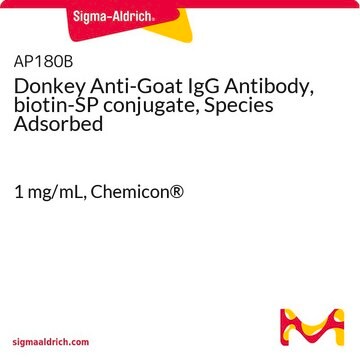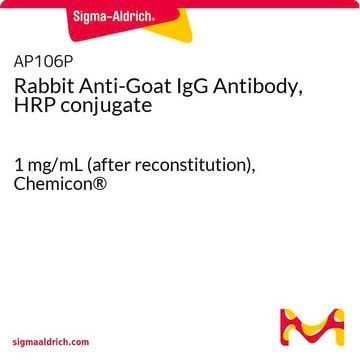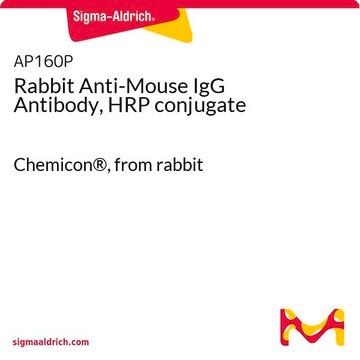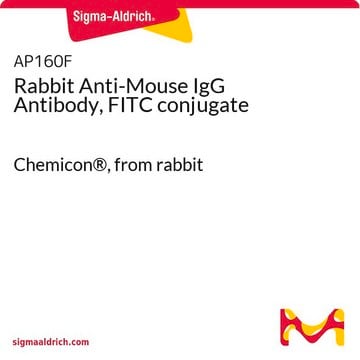MAK567
Pyruvate Dehydrogenase Activity Assay Kit
sufficient for 100 colorimetric tests
Synonym(s):
PDH Activity Assay Kit
About This Item
Recommended Products
usage
sufficient for 100 colorimetric tests
Quality Level
detection method
colorimetric
storage temp.
−20°C
Gene Information
human ... PDHA1(5160) , PDHA2(5161 ) , PDHB(5162) , PDHX(8050)
mouse ... PDHA1(18597) , PDHA2(18598) , PDHB(68263) , PDHX(27402)
rat ... PDHA1(29554) , PDHA2(117098) , PDHB(289950) , PDHX(311254)
General description
Application
Features and Benefits
Supportive calculator will calculate the reagents needed according to your experimental needs, and analyze your results based on your experimental data.
Click here to download a calculator excel file
Suitability
Unit Definition
Signal Word
Danger
Hazard Statements
Precautionary Statements
Hazard Classifications
Carc. 2 - Eye Irrit. 2 - Muta. 2 - Resp. Sens. 1 - Skin Irrit. 2
Storage Class Code
10 - Combustible liquids
WGK
WGK 3
Regulatory Listings
Regulatory Listings are mainly provided for chemical products. Only limited information can be provided here for non-chemical products. No entry means none of the components are listed. It is the user’s obligation to ensure the safe and legal use of the product.
PDSCL
Please refer to KIT Component information
PRTR
Please refer to KIT Component information
FSL
Please refer to KIT Component information
ISHL Indicated Name
Please refer to KIT Component information
ISHL Notified Names
Please refer to KIT Component information
Cartagena Act
Please refer to KIT Component information
JAN Code
キットコンポーネントの情報を参照してください
Certificates of Analysis (COA)
Search for Certificates of Analysis (COA) by entering the products Lot/Batch Number. Lot and Batch Numbers can be found on a product’s label following the words ‘Lot’ or ‘Batch’.
Already Own This Product?
Find documentation for the products that you have recently purchased in the Document Library.
Our team of scientists has experience in all areas of research including Life Science, Material Science, Chemical Synthesis, Chromatography, Analytical and many others.
Contact Technical Service









